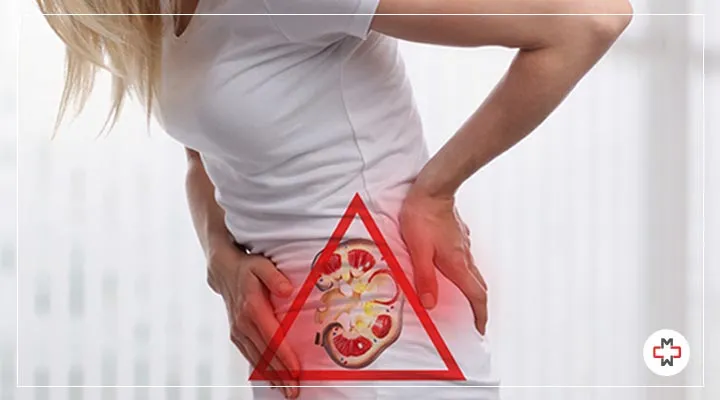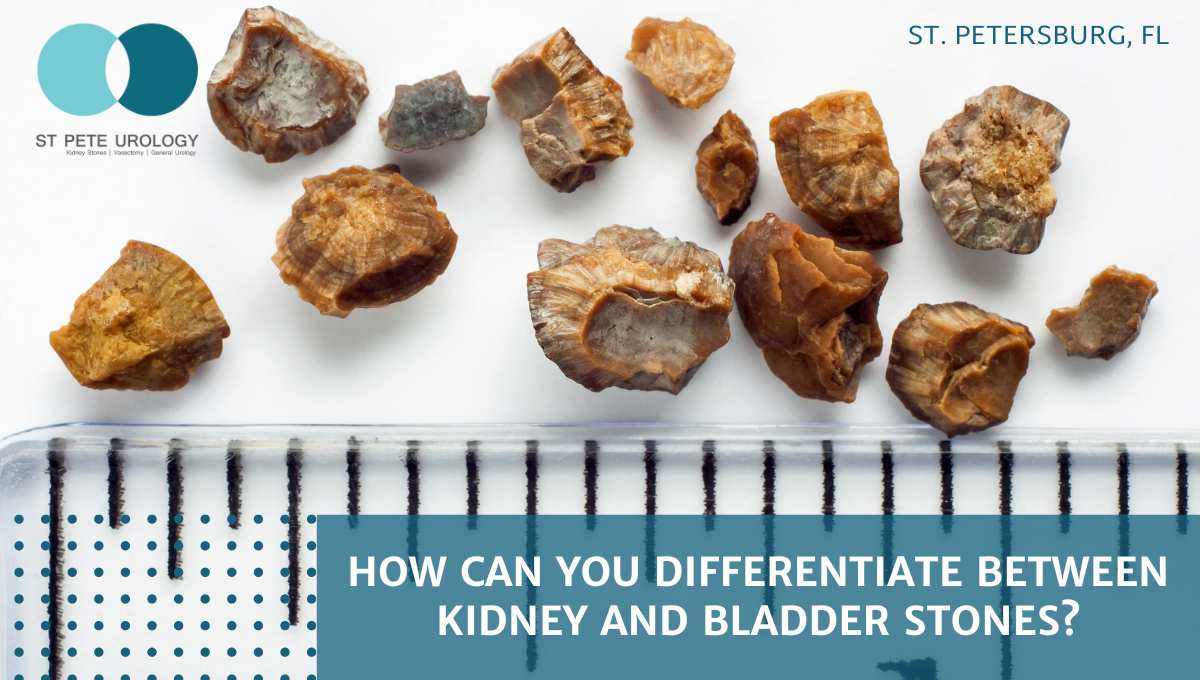Discovering the Effects and Causes of Kidney Stones in Contrast to Urinary System System Infections: A Thorough Guide
The expedition of kidney stones and urinary system infections (UTIs) discloses an intricate interplay of symptoms and underlying causes that warrant careful exam. What are the crucial differences in their symptoms, and just how might these notify therapy methods?
Summary of Kidney Stones
Kidney rocks, likewise called renal calculi, type when specific compounds in the urine crystallize and aggregate, resulting in the growth of hard down payments within the kidneys. These stones can vary in dimension, ranging from a grain of sand to a golf sphere, and can be made up of different materials, the most typical being calcium oxalate, uric acid, struvite, and cystine. The formation of kidney rocks is influenced by a number of variables, consisting of nutritional practices, liquid consumption, and hereditary tendency.
Signs and symptoms of kidney rocks might include severe discomfort in the back or side, blood in the urine, nausea or vomiting, and constant peeing, specifically as the rock relocates with the urinary system system. Diagnosis generally includes imaging researches such as ultrasound or CT scans, together with urinalysis to identify the stone's structure.
Therapy choices vary based on the dimension and sort of rock, in addition to the severity of signs (Kidney Stones vs UTI). Little stones may pass normally with raised liquid intake, while larger stones might call for medical interventions such as lithotripsy or surgical elimination. Recognizing the pathophysiology and risk factors connected with kidney rocks is essential for reliable avoidance and management
Summary of Urinary System System Infections
Urinary system infections (UTIs) are usual microbial infections that affect any kind of part of the urinary system, consisting of the kidneys, ureters, bladder, and urethra. They primarily happen when germs, often from the stomach system, go into the urinary system, bring about swelling and infection. UTIs are classified right into two main types: difficult and straightforward. Uncomplicated UTIs typically happen in healthy individuals with regular urinary tracts, while challenging UTIs might emerge in individuals with underlying problems, such as architectural irregularities or endangered immune systems.
The occurrence of UTIs is significantly higher in ladies than males, largely because of physiological distinctions, such as a shorter urethra. Risk variables include sex-related activity, specific contraceptive techniques, urinary retention, and dehydration. The diagnosis of UTIs is normally verified via urine examinations, which may expose the existence of bacteria, white blood cells, or red blood cells.

Symptoms of Kidney Stones
The discomfort related to kidney rocks can materialize in different ways, typically leading individuals to seek clinical interest. Among the most typical signs is extreme pain, normally local in the lower back or side, which may radiate to the abdominal area or groin. This pain, commonly explained as sharp or cramping, can take place unexpectedly and may rise and fall in intensity.
Additionally, people might experience hematuria, or blood in the pee, which can range from microscopic total up to noticeable discoloration. This sign might be come with by modifications in urinary habits, such as raised frequency or urgency, along with discomfort throughout urination. Queasiness and throwing up are additionally prevalent, frequently arising from the body's reaction to intense pain.
Sometimes, people might experience high temperature and cools, especially if a second infection creates as a result of click now the blockage caused by the stones. Generally, the combination of extreme pain, hematuria, altered urinary system patterns, and intestinal signs can offer considerable insight into the presence of kidney stones, warranting punctual medical examination and treatment. Recognizing these signs and symptoms is critical for timely medical diagnosis and reliable administration of the condition.
Signs And Symptoms of Urinary System System Infections
Infections within the urinary system frequently present an array of distinctive signs that can considerably affect day-to-day live. The most common signs include a consistent impulse to pee, frequently come with by a burning experience throughout urination, referred to as dysuria. Individuals might additionally experience raised frequency of urination, generating little quantities of urine each time.
Various other remarkable signs and symptoms consist of reeky or gloomy urine, which may suggest the presence of bacteria or pus. In some situations, urine may appear pink or red because of the existence of blood, a condition called hematuria. In addition, individuals may experience pelvic discomfort or stress, which can further worsen the sensation of seriousness.
Systemic signs and symptoms may also materialize, such as fever, cools, and fatigue, especially if the infection has ascended to the kidneys. It is important to recognize these symptoms early, as untreated urinary system infections can lead to much more severe complications. Kidney Stones vs UTI. Trigger clinical focus is suggested when these symptoms are observed, allowing for proper analysis examination and therapy to ease discomfort and prevent further wellness concerns
Root Causes Of Each Problem
Regularly, kidney stones and urinary system infections occur from distinctive yet in some cases overlapping reasons that can impact people in different ways. Dehydration, insufficient liquid consumption, and high-sodium diet plans can intensify these problems, advertising crystallization within the urinary system.

Comprehending these unique reasons is crucial for avoidance and treatment. Kidney Stones vs UTI. While way of living modifications may minimize the risk of kidney stones, suitable health and prompt therapy of urinary system tract infections are crucial for reducing their recurrence and associated difficulties
Final Thought
In recap, kidney rocks and urinary system tract infections existing distinct signs and symptoms and go to this website underlying reasons. Kidney stones are defined by severe discomfort and metabolic aspects, while urinary system infections largely include bacterial infections resulting in urinary system necessity and pain. Both conditions can result in hematuria, their development mechanisms vary substantially. Understanding these distinctions is essential for efficient diagnosis and therapy, ultimately boosting client end results for those influenced by either condition.
The exploration of kidney rocks and urinary tract infections (UTIs) discloses an intricate interaction of symptoms and underlying reasons that warrant mindful examination.Urinary system tract infections (UTIs) are usual bacterial infections that influence any part of the urinary system, including the kidneys, ureters, bladder, and urethra.Often, kidney stones and urinary system tract infections develop from distinctive yet in some hop over to these guys cases overlapping reasons that can influence individuals in a different way.In recap, kidney stones and urinary system tract infections present distinctive signs and symptoms and underlying causes. Kidney stones are characterized by extreme discomfort and metabolic variables, while urinary tract infections largely entail bacterial infections leading to urinary system urgency and pain.
Comments on “How to Separate Between Kidney Stones vs UTI: Key Variables and Diagnostic Tips”